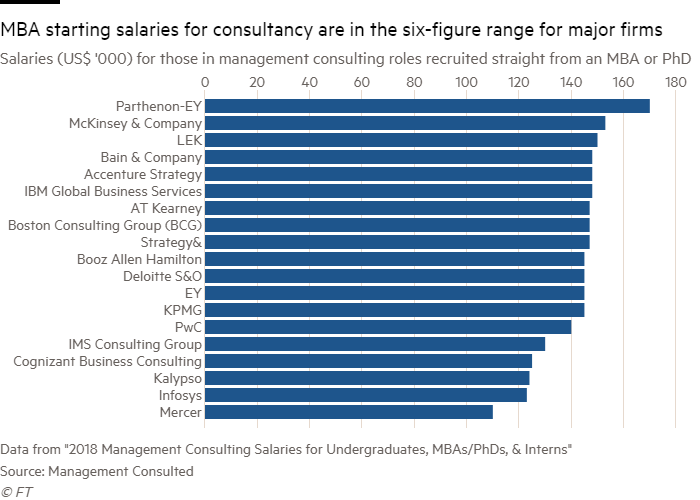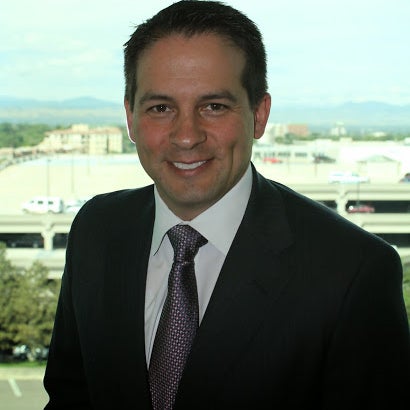
The terms adviser and advisor are not always interchangeable, despite their similar meanings. The former is more commonly used in North America, where it is often used for official job titles, government roles, and formal writing. It is also more commonly used for professional advisor titles. The Latin suffix "or" gives it a formal appearance.
Style guide by AP
It is important that advisors and advisory staff are cited according to the AP style guidelines. In most cases, the first and last names should both be capitalized. Also, the degree abbreviations must be in lowercase. Academic Advising Community prefers AP format. It is important to use em and en dashes when referring to titles.
You have the option to use adviser instead of advisor. Avoid using "advisor". The New York Times, for instance, uses adviser in place of advisor. The AP Stylebook supports this decision. However, the New York Times says advisor should be used more often in academic and professional circles. Financial services is one example of an industry that follows the Chicago Manual of Style. AP style doesn't apply to them.
Chicago Manual of Style
When writing, many editors follow the Chicago Manual of Style. While there is not a standard spelling for writing, the manual clarifies that consistent spelling should be used throughout a document. This means that you should use the spelling that is preferred by the reader. However, there are some situations where you must use a different spelling. In professional letters, you might use the term "advisor", but in personal journals, you would use the term "adviser".

A third area for disagreement involves style. You should use the term "advisor" in your writing. A good style guide will give you guidelines on how to correctly spell and use words. It is important to pay attention to the usage of specific terms, which may be unique to one institution.
Styles from the Associated Press
Editors and journalists who want to write well will find The Associated Press Stylebook a valuable guide. The Associated Press Stylebook, or The Associated Press Briefing about Media Law, is the full name of the AP Stylebook. It was written by American journalists to the Associated Press. It has been a key reference point for the media and has become a standard for journalists around the world.
Using AP style will help ensure your writing is clear and concise. It also makes it easier for journalists to read your work and gives you a common language with journalists. Many corporations and public relations agencies require that copyeditors pass a test in AP style. You will increase your chances of getting positive media coverage and being noticed by ensuring your writing follows the AP style.
Definition of adviser vs advisor
Two meanings of the word adviser are possible. Depending on context, adviser could refer to both an individual or an organisation. An adviser is someone who provides advice to another person. It is also used as a verb and is frequently shortened to advisor. The suffix -or is usually found in academic work as well as official titles. It is also found in other professional titles, such as national security advisor and financial adviser.
The word advisor is used most often in the United States for formal writing, academic contexts, and job titles. It's also used in government roles, though it varies by region. The US uses the term adviser to describe a professional advisor. Because of this, advisers tend to be more formal.

Spelling differences
Although adviser sounds the same, they sound different. The U.S. has more advisers than Europe and some newspapers prefer the -er ending to their names. It is more common in U.S. government titles, especially in academic settings. Both spellings can be used in the correct context.
While the same person can hold both titles, adviser is more commonly used in the United States and in some official contexts. Some grammarians, however, believe adviser is more formal. However, adviser and adviser share the same meaning despite their differences. They only differ in how they're spelled or used in certain contexts.
FAQ
How is consulting different from freelancing
Freelancers, who are self-employed and provide services to clients without the need for employees, are independent contractors. They charge hourly rates depending on the amount of time spent on a client's projects. Consultants work for companies and agencies that employ them. They are often paid monthly or annually.
Consultants often have more flexibility, while freelancers can choose to work when they want and set their own rates. But consultants have more benefits like vacation days, health insurance and retirement plans.
How did modern consultancy come about?
The first consultants were actually accountants who would help companies manage their finances. They were able to manage financial information and became "accounting experts". The role soon expanded to include other areas, including human resources management.
The French word meaning "to advise" in French is what gave rise to the term "consultant". This term was originally used by businessmen to denote someone who could give guidance on how to run an enterprise. The word consultant is still used by most business owners to refer to any kind professional advisor.
What is the cost of hiring a consultant?
There are many factors that influence the price of consulting services. These factors are:
-
Project size
-
Time frame
-
Scope of work
-
Fees
-
Deliverables
-
Other considerations such as experience level, location, etc.
Statistics
- Over 62% of consultants were dissatisfied with their former jobs before starting their consulting business. (consultingsuccess.com)
- 67% of consultants start their consulting businesses after quitting their jobs, while 33% start while they're still at their jobs. (consultingsuccess.com)
- So, if you help your clients increase their sales by 33%, then use a word like “revolution” instead of “increase.” (consultingsuccess.com)
- My 10 years of experience and 6-step program have helped over 20 clients boost their sales by an average of 33% in 6 months. (consultingsuccess.com)
- On average, your program increases the sales team's performance by 33%. (consultingsuccess.com)
External Links
How To
How to find the best consultant
Ask yourself what you want from your new consultant before you start looking. You should know exactly what your expectations are before you start searching for someone. You should make a list of all the things you need from a consultant. This could include: professional expertise and technical skills, project management capabilities, communication skills, availability, etc. You might also want to talk with colleagues or friends about their recommendations. Ask them about their experiences with consultants and compare their recommendations to yours. Do some internet research if they don't have recommendations. You will find many websites such as LinkedIn, Facebook Angie's List, Indeed and Indeed where people can leave reviews about their past work experiences. You can use the comments and ratings left by others to help you find potential candidates. Finally, once you've got a shortlist of potential candidates, make sure to contact them directly and arrange an interview. At the interview, it is important to discuss your requirements and get their feedback on how they can help. It doesn't matter if they were recommended to your company; all that matters is that they are able to understand your business goals and show how they can help.